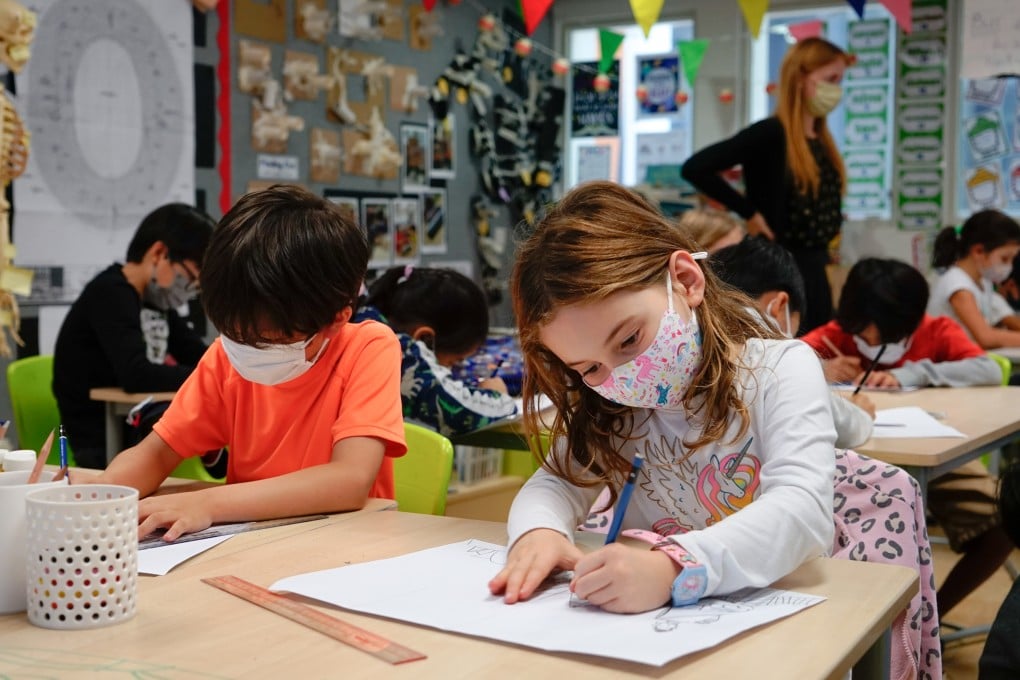Imagining the future
- The future of education lies in striking a balance between hard and soft skills – as the professional landscape evolves, so too must educational approaches
- Soft skills that bind technical expertise and practical application set candidates apart in the crowded job market, making them more adaptable to change

If you could assign a single purpose to educating the next generation, it would have to be to prepare them for the future, no matter what the world looks like. It’s a difficult task with an incredibly broad scope – one that Hong Kong’s international schools are tackling head on. In our ever-changing world, the debate around hard skills versus soft skills has taken centre stage, raising questions about the respective role of each and the ideal balance of the two required for lifelong success.
But first, what exactly do we mean by these terms? “Hard skills” refers to specific, teachable abilities, or knowledge that can be measured and quantified. Traditionally associated with subjects like mathematics and science, hard skills form the backbone of academic learning, providing students with a strong foundation in critical thinking, problem solving and analytical reasoning.
On the other hand, soft skills encompass the interpersonal, social and emotional competencies that enable individuals to work effectively in diverse environments. Often considered more intangible, these skills include communication, collaboration, creativity, adaptability, leadership and emotional intelligence.
It is fairly obvious that most occupations require both soft and hard skills. A doctor for example, needs precise, technical knowledge that comes from years of learning hard skills. But, to progress well in their career, it is essential that they demonstrate soft skills in communication, time management and leadership. More nuanced still, though, is the ability to find an appropriate balance between the two.

For over a decade, the job market has been undergoing a seismic shift – one that became much more pronounced due to the Global Financial Crisis of 2007-08. Gone are the days of a single vocation to see you through your career. What’s more, the roles and responsibilities within a workplace are constantly changing to keep up with the times. According to “The Future of Jobs Report 2023”, released by the World Economic Forum, “Over 85 per cent of organisations surveyed identify increased adoption of new and frontier technologies and broadening digital access as the trends most likely to drive transformation in their organisation.”
